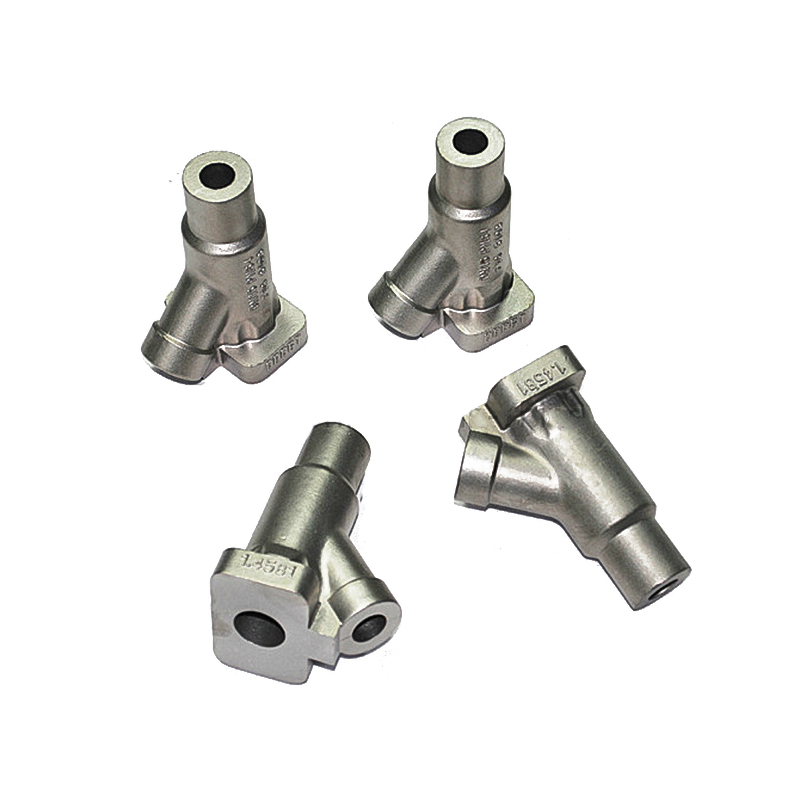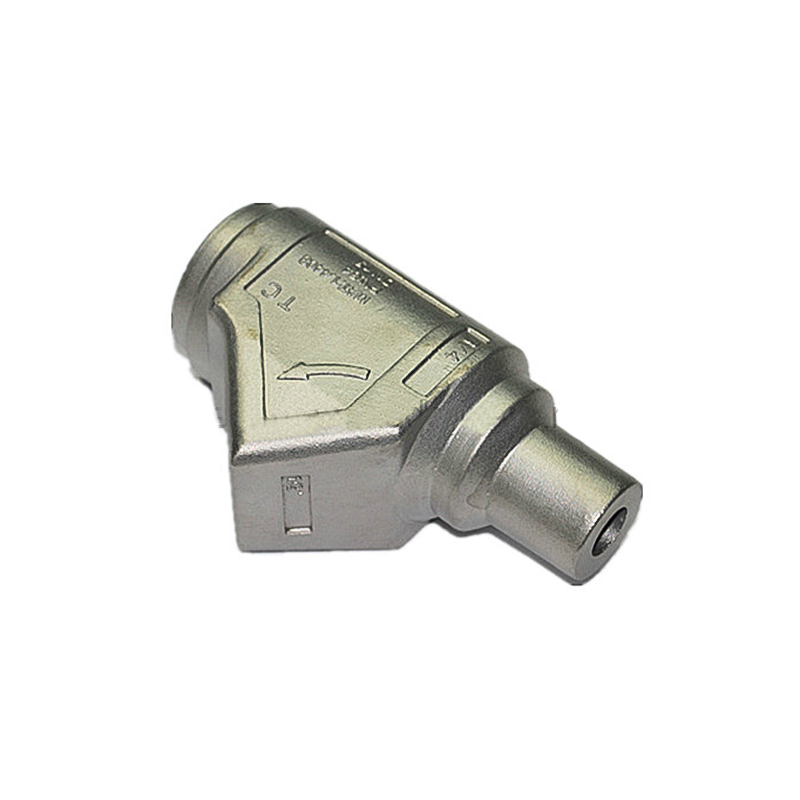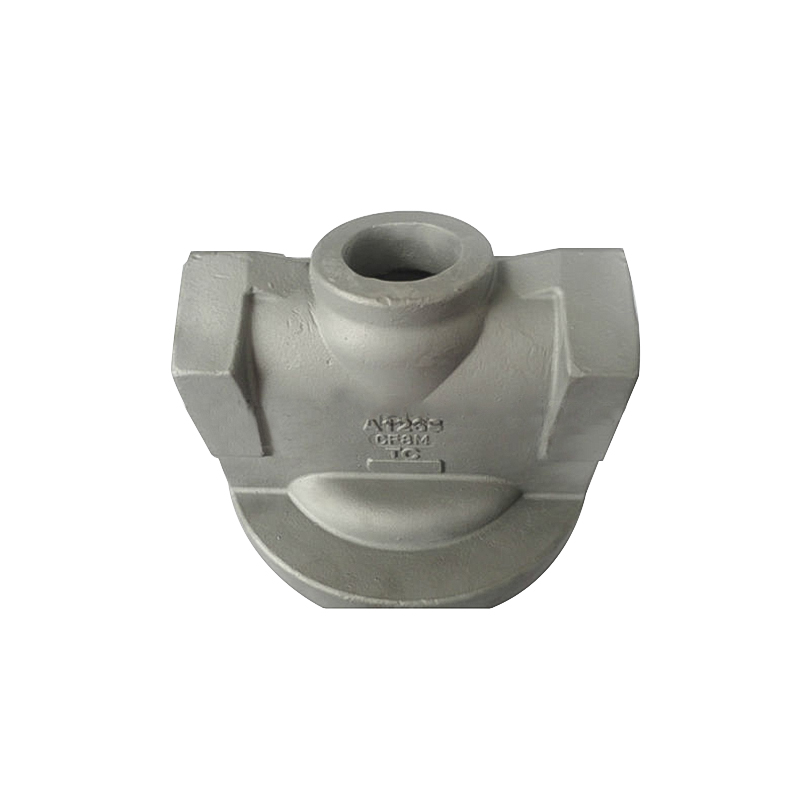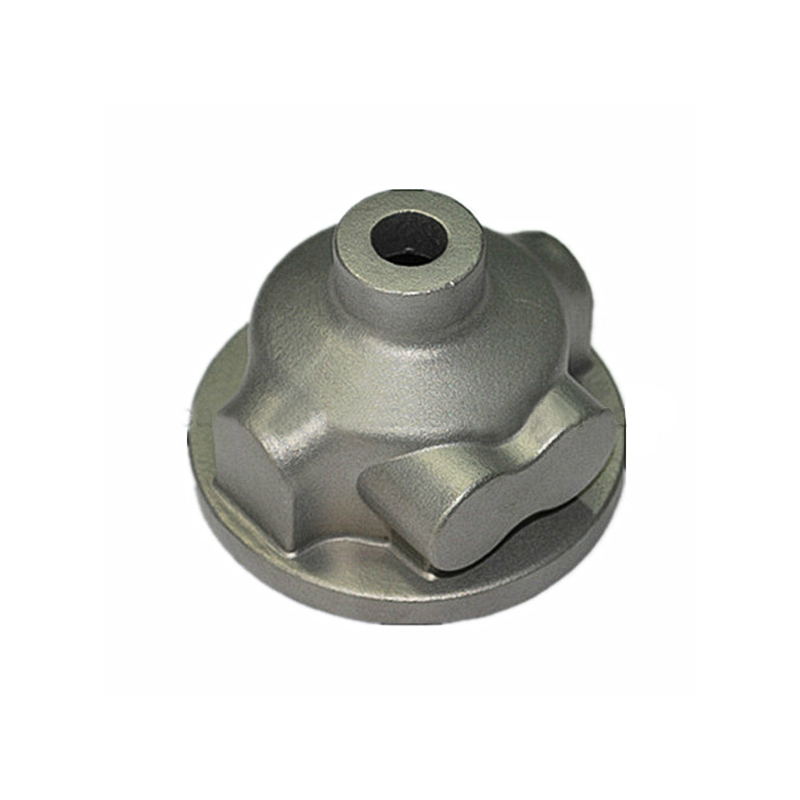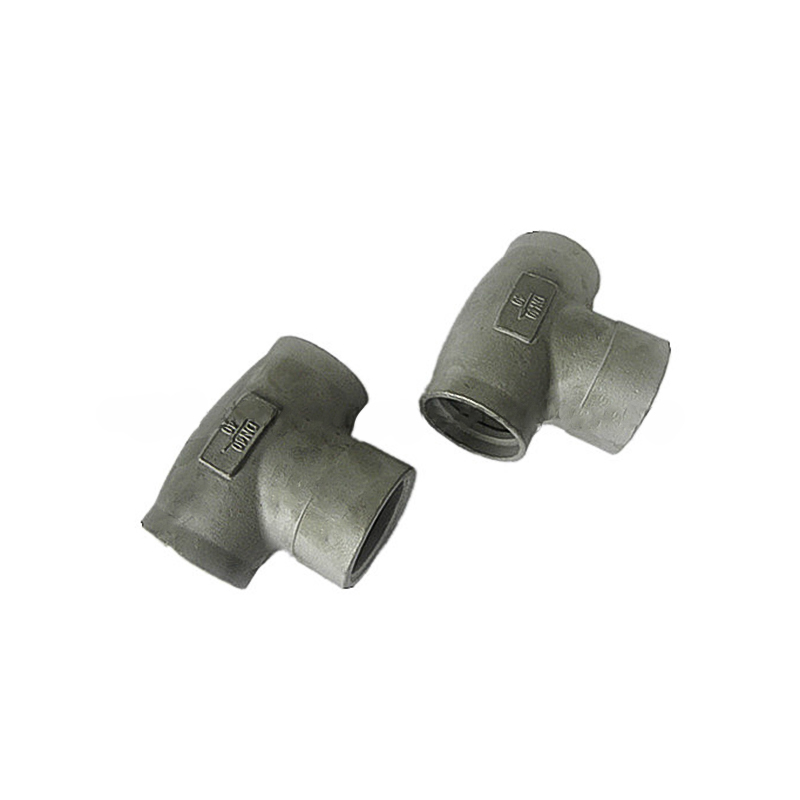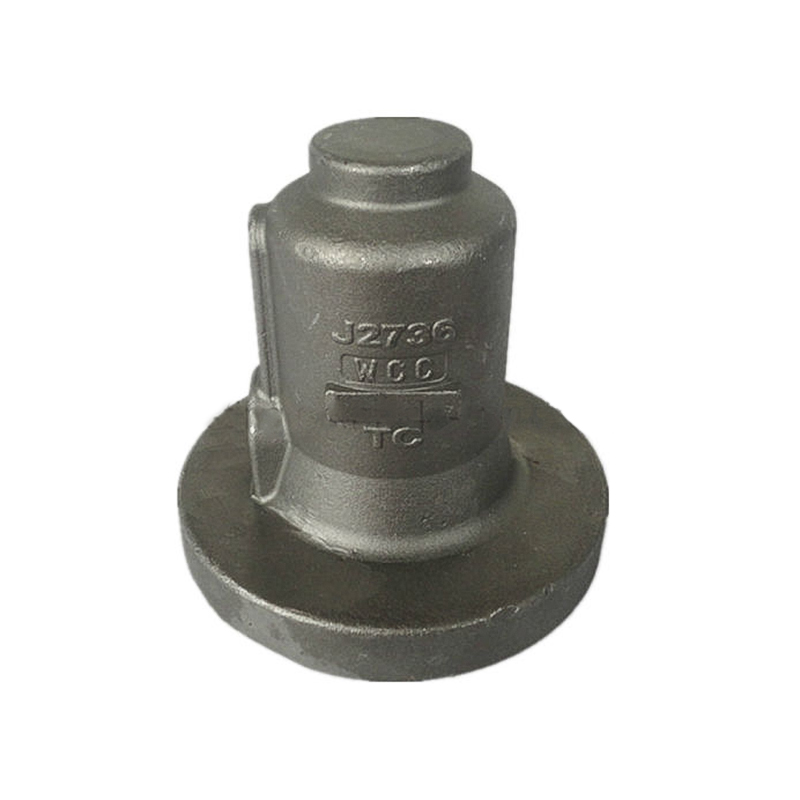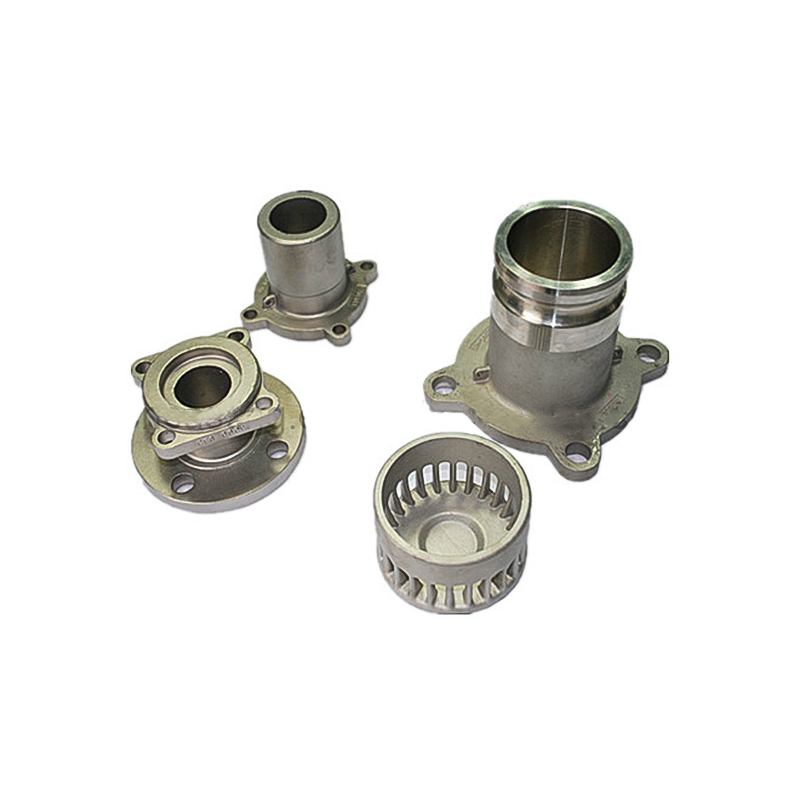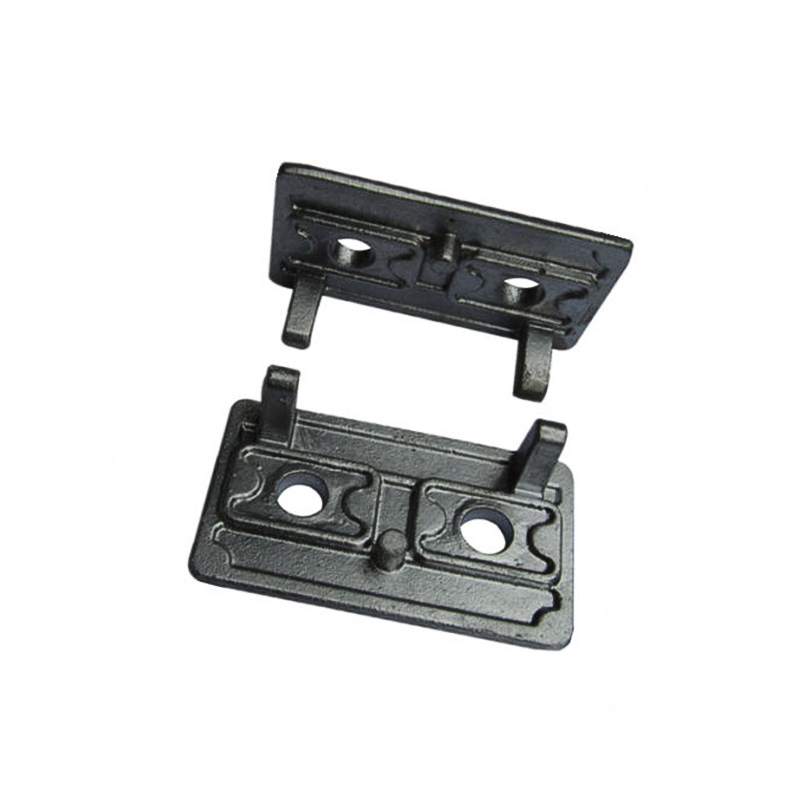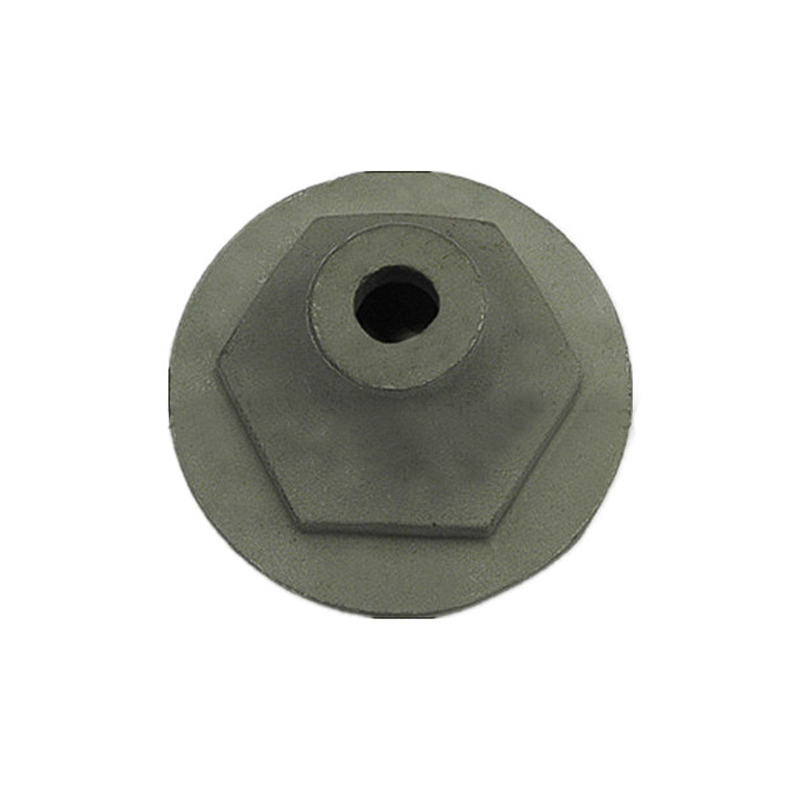How do thermal properties of investment casting metal boxes vary with different materials?
Thermal Conductivity: Thermal conductivity is a critical property that dictates how effectively heat is transferred through a material. Metals exhibit a wide range of thermal conductivities, impacting their suitability for various applications. For instance, materials like copper and aluminum are known for their high thermal conductivity, making them ideal for heat exchangers, cooling systems, and other applications where rapid heat dissipation is essential. Conversely, metals such as stainless steel or certain alloys may have lower thermal conductivity, which can be advantageous in applications requiring thermal insulation or where heat retention is desired. Understanding the thermal conductivity of a chosen material helps ensure that the investment casting metal box performs optimally under the specific thermal conditions it will face.
Thermal Expansion: Different materials have distinct coefficients of thermal expansion, indicating how much they expand when subjected to temperature changes. For example, aluminum has a higher thermal expansion coefficient than steel, meaning it will expand and contract more significantly with temperature fluctuations. This characteristic is crucial in applications where precise tolerances are necessary, as variations in size due to thermal expansion can lead to misalignment or failure in assembled systems. When designing investment casting metal boxes, engineers must account for the thermal expansion properties of the selected material to ensure dimensional stability and compatibility with other components in the system.
Heat Resistance: The ability of a material to withstand elevated temperatures without degrading or losing structural integrity is a vital consideration in many applications. Certain alloys, such as titanium or high-performance nickel alloys, are specifically engineered to maintain their mechanical properties at high temperatures, making them suitable for demanding environments like aerospace or chemical processing. In contrast, standard aluminum alloys may soften or lose strength when exposed to high heat over extended periods. When selecting materials for investment casting metal boxes, it is important to evaluate the operational temperature range and choose materials that will perform reliably under those conditions.
Specific Heat Capacity: Specific heat capacity refers to the amount of heat energy required to raise the temperature of a unit mass of a material by one degree Celsius. Materials with high specific heat capacities, such as certain ceramics and alloys, can absorb significant amounts of heat without a corresponding large increase in temperature. This property can be advantageous in applications where thermal stability is desired, as it allows the material to buffer temperature spikes. Conversely, materials with low specific heat capacities will experience rapid temperature changes, which can be beneficial in applications that require quick heating or cooling cycles.
Phase Changes: Certain materials may undergo phase transitions at specific temperatures, which can significantly influence their thermal behavior. For example, some metals may change from a solid to a liquid state (melting) at elevated temperatures, while others may experience phase changes that affect their mechanical properties, such as ductility or strength. Understanding these phase changes is crucial in investment casting applications, as they can impact the material's performance during both the casting process and in its end-use applications. Proper selection of materials must take these characteristics into account to prevent unintended failures during operation.



 English
English Deutsch
Deutsch 简体中文
简体中文
